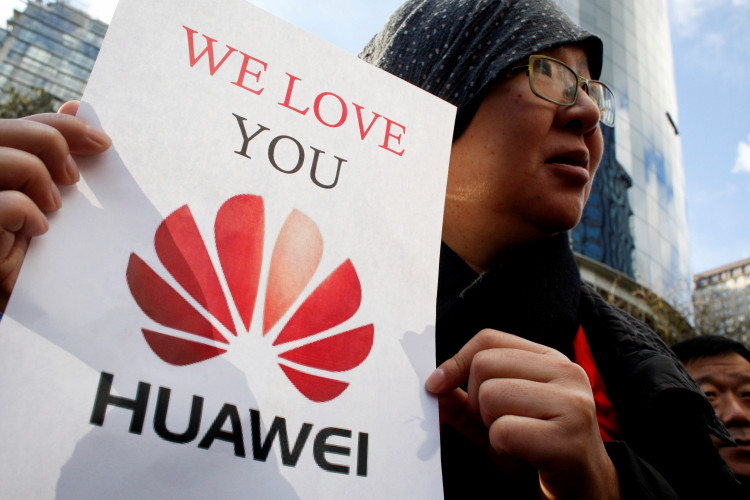Huawei Technologies said Tuesday it inked more than 25 commercial contracts for 5G and would spend $2 billion over the next five years to hire more cybersecurity experts and enhance cybersecurity capabilities.
The world's largest suppliers of telecommunications equipment also provided an upbeat outlook for 2018, projecting to end the year with more than $100 billion in revenue, up from $92 billion it archived last year.
More so, the Shenzhen-based tech company is set to bring its 5G technology to India, a market with more than 1.3 billion population.
Huawei's current number of 5G contracts was up from the initial 22 deals it announced in November, according to Reuters. The company shipped more than 10,000 base stations for the 5G network, according to rotating chairman Ken Hu Houkun who spoke with the press in Dongguan on Tuesday.
Huawei also said it has been invited by the Indian government to conduct trials of its 5G technology in the country. Trials will be conducted starting next year with a target rollout date by 2020. Prior to the invitation, Huawei said it already had some testing done with India's Bharti Airtel and Reliance Jio. The latter was founded by India's wealthiest man, Mukesh Ambani.
The telecommunications equipment provider has been facing market challenges as Australia and New Zealand joined the U.S. and the U.K. in banning Huawei's 5G technology. France's Orange and U.K's BT has already ruled out entirely any usage of Huawei's products. Germany's Deutsche Telekom and Japan's SoftBank are reportedly conducting a review of Huawei's 5G. The Czech Republic has reportedly warned other countries in the region about security risks posed by Huawei equipment.
The Telegraph reported that U.S. diplomats used its meeting with their German counterparts on Tuesday to intensify pressure against soliciting services from Huawei.
Ken Hu defended Huawei, saying these countries were only trying to block out the company because it is their strongest competition. He added that their actions were merely based on unfounded accusations that undermined factual evidence.
Huawei also denied allegations claiming that it is directly controlled by the Chinese government.
The company has also been facing strong suspicions rooting from the arrest and detention of its CFO Meng Wenzhou, though she was already been out after bail. The latter was accused of helping Huawei to skirt around sanctions placed on Iran and continued supplying products to the country. To this, the company said it upholds all laws and regulations where it applies and asserted that its top executive is not guilty of any wrongdoing.






